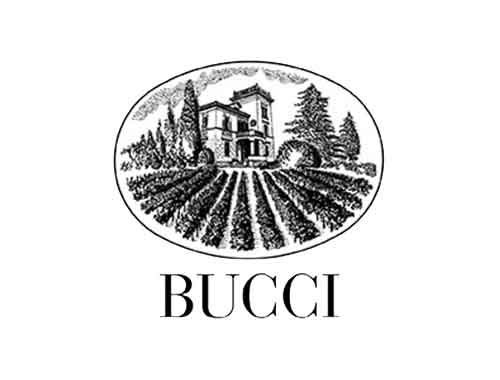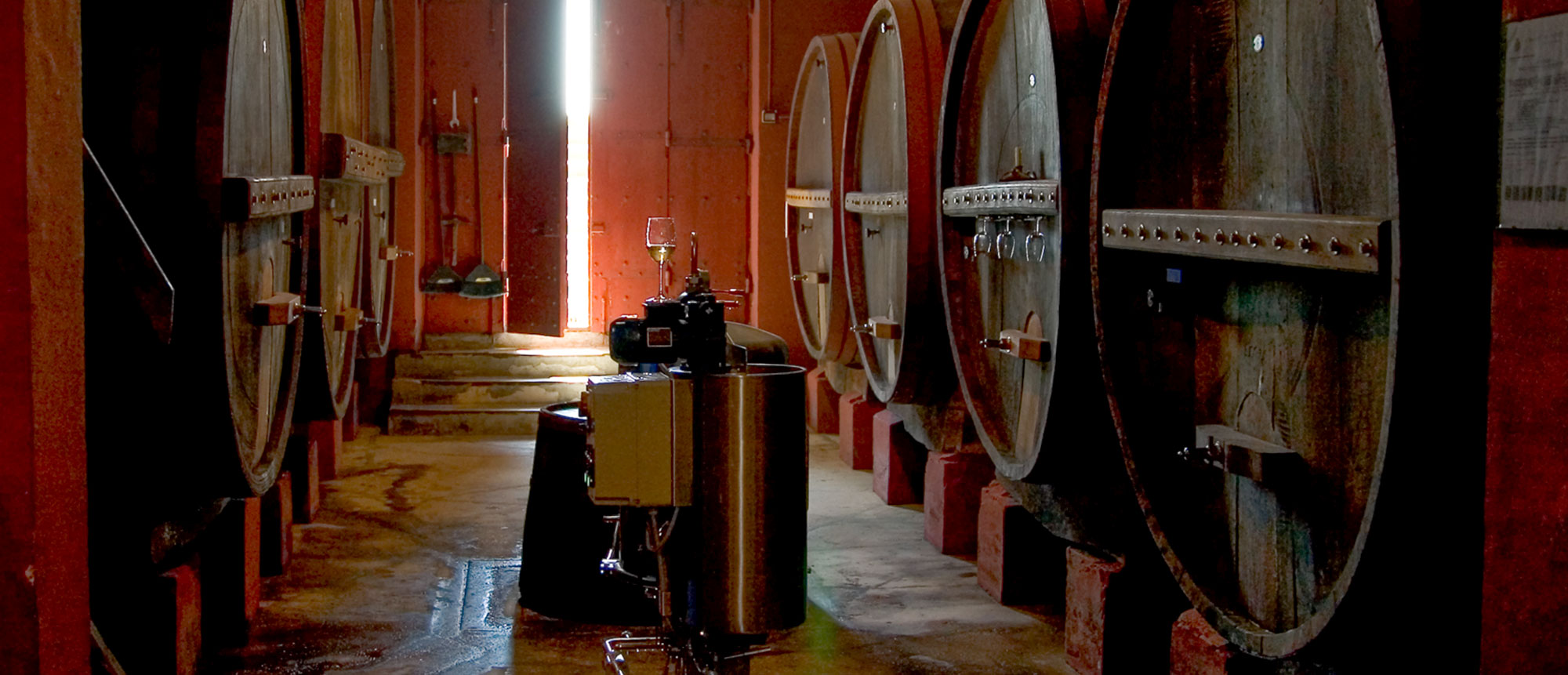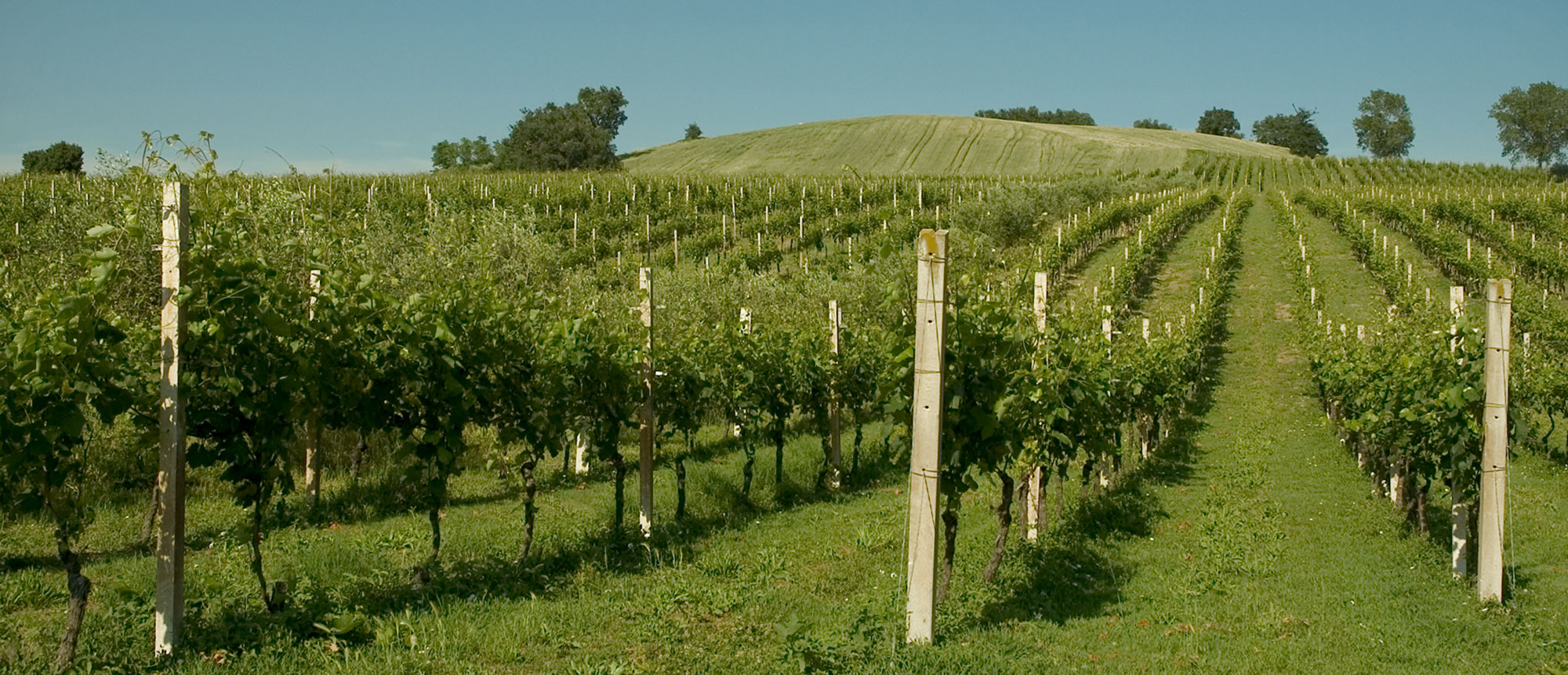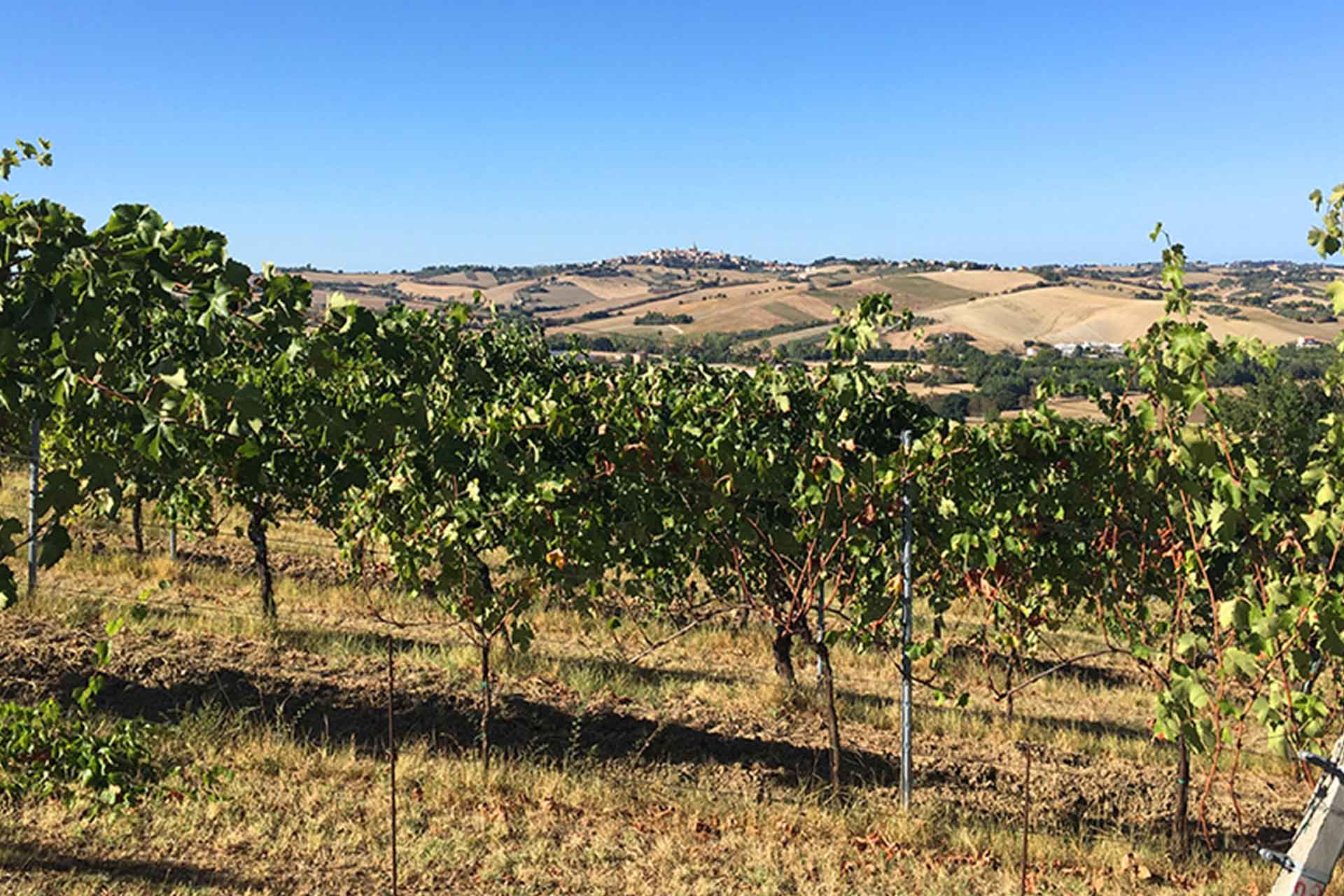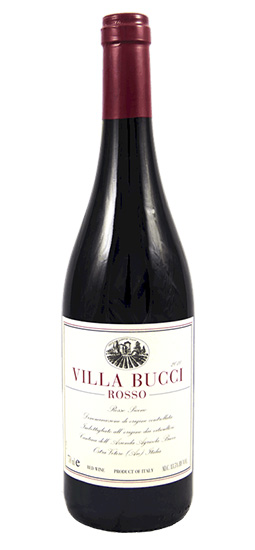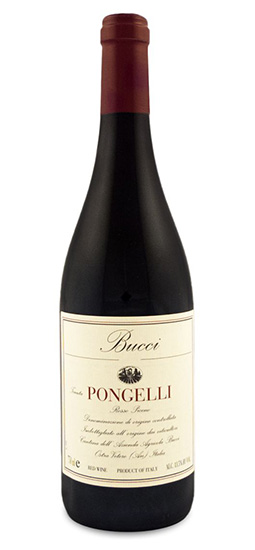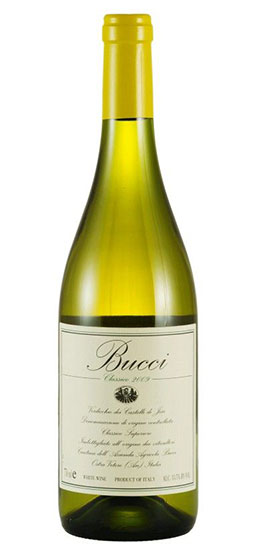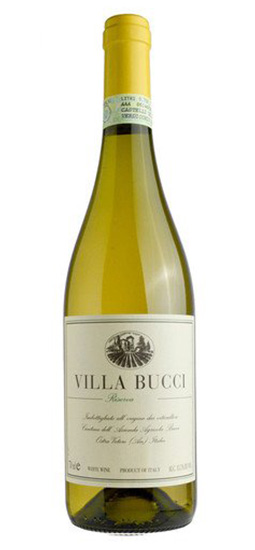Bucci
BUCCI WINERY
[BOO-chee]
The Bucci family has been farming in the Castelli di Jesi area since the 1700s and comes from one of the historic “castles” of Jesi, named Montecarotto. The property is extremely diverse (covering a total of 360 hectares) and includes many kinds of crops including wheat, corn, sugar beets, sunflowers, and olives. The winery is run by Ampelio Bucci – known as the “Professor” in many Italian wine circles, who began bottling his own wine in 1983. The wines have been 100% certified organic since 1999.
POINTS OF DIFFERENTIATION
- 100% Verdicchio vines that are selected from the best clones in Bucci’s private nursery
- Only estate-grown fruit from six meticulously chosen and cultivated vineyards with purposely lower than required crop yields and different sun exposures and elevations to attain masterfully articulated blends
- The average age of the vines is 50 years
- Organic farming since 1999
- Fifty-year-old large Slavonian oak barrels (50-75 hectoliters) used in aging process favors excellent micro-oxygenation, stabilizes wines, helps develop cellarability, and flavor and aromas, without imparting any oaky flavors
THE HISTORY
Bucci has an incredibly long history, which has provided owner Ampelio Bucci with the foundation needed to successfully maintain the best of tradition while revolutionizing winemaking at the same time. Ampelio concentrates on preserving and promoting native Italian and Marche grapes and was one the first winemakers in Italy to successfully craft complex and elegant white wines that could be raised in used large Slavonian oak barrels (75-80 hL) and that could cellar gracefully for much longer – up to 20 years – than the more common lighter options of that era (the 1980s). His innovative choices paid off as he and his wines are absolute icons in the Italian wine industry, often recognized on worldwide lists of the best winemakers and wines in Italy. Ampelio is also an internationally recognized forerunner in creating eco-sustainable and global warming practices in the vineyard, which include planting to different exposures and soils, pruning and canopy management, and cultivating the long life of the vine. All of the wines are estate grown and bottled primarily from native grapes, grown in Bucci’s own nursery.
Vinification and élevage take place in an underground cellar, which maintains naturally cool temperatures and makes refrigeration unnecessary: yet another example of Bucci’s devotion to eco-sustainability.
The equipment is split into stainless steel, Slavonian oak barrels, and Allier oak barrels ranging from 25-40 hl. in capacity for Pongelli, and 50-75 hl. for the white wines. Each Verdicchio vineyard is vinified separately and carefully blended before bottling, according to vintage characteristics. Bucci Verdicchio is so complex and structured that bottling often occurs very late, usually from June to August for the regular, thus ensuring excellent natural stability and longevity.
THE TERROIR
Bucci has six vineyards, five entirely devoted to Verdicchio and one, San Fortunato, split into the two red grapes Montepulciano and Sangiovese. The total acreage under vine is 64 acres, 52 acres dedicated to Verdicchio and 12 acres devoted to Montepulciano and Sangiovese.
Bucci only plants in limestone and clay to ensure excellent water reserves. Clay tends to hold water better and the roots of the vines dig deep in search of water, leading to less need of irrigation and less chance of scorching. Bucci uses special soil looseners that essentially aerate and de-compact the soil. This encourages deep root growth and increases moisture intake, fostering the production of quality grapes over the long term.
In addition, the winery does not always plant facing south. While that has always been considered the best aspect for vineyards, in an increasingly blisteringly hot climate, perhaps a bit less sun could be indicated. Hence, some of the vineyards face north or east.
The crop yields are purposely limited, producing less than half the permissible crop yields as established by DOC regulations. The vines are very old, averaging 37 years. Together with the densely planted stock, green harvest, and painstaking selection of the grapes, only 2-2.4 tons per acre were produced for the Rosso Piceno Pongelli and 2.4-2.8 tons per acre for the other wines.
